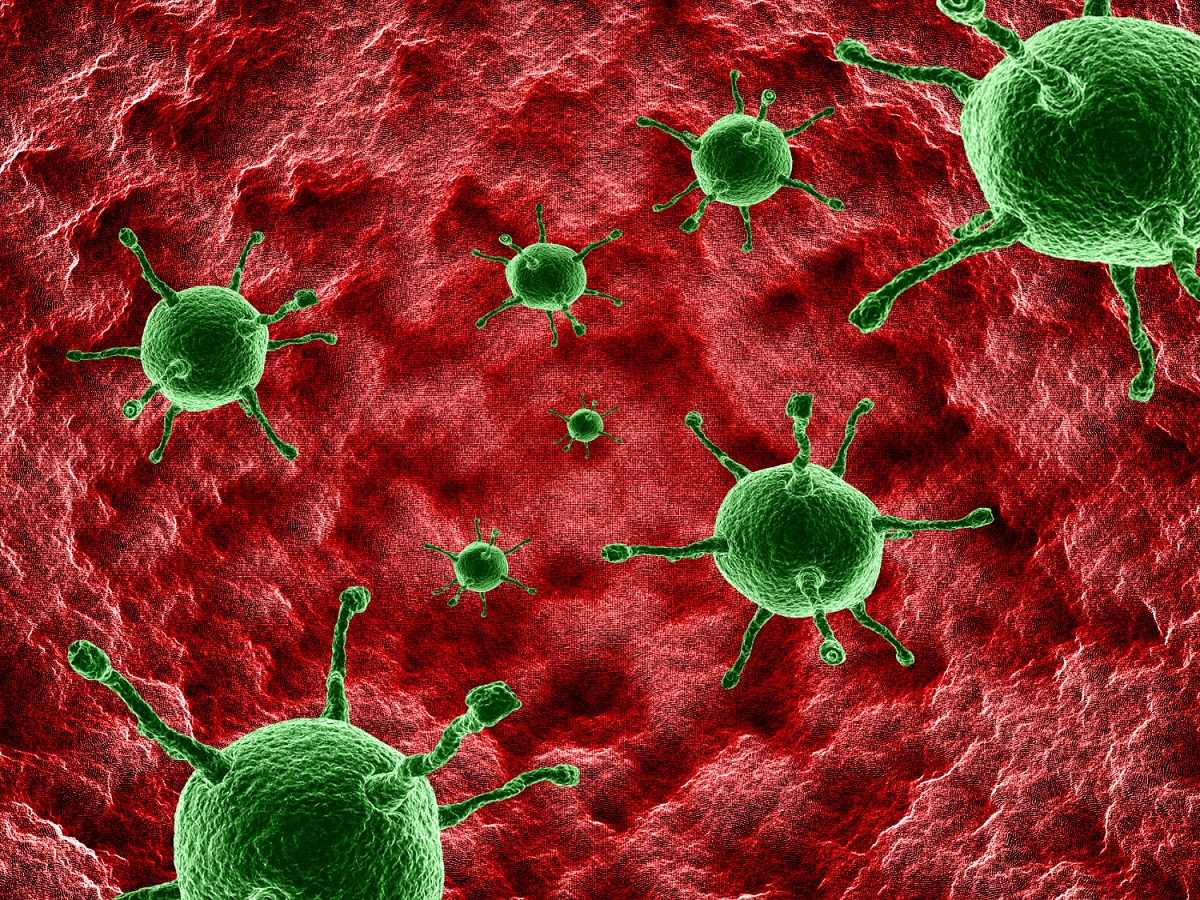KEY TAKEAWAYS
- The CANTO study aimed to investigate the impact of pre-treatment inflammation and health behaviors on CRF in BC survivors.
- Researchers noticed that high pre-treatment inflammation and unhealthy behaviors contribute to CRF, highlighting the need for early behavioral interventions.
Cancer-related fatigue (CRF) remains poorly understood, but inflammatory activation has been proposed as a possible mechanism. Behavioral interventions, such as exercise, may alleviate CRF by modulating inflammation.
Antonio Di Meglio and the team aimed to investigate the relationships between pre-treatment inflammatory markers and post-treatment CRF and examined how changes in inflammation and health behaviors from pre- to post-treatment impact CRF in breast cancer (BC) survivors.
They conducted a comprehensive analysis of patients with stage I-III HR+/HER2- BC from the CANTO study (NCT01993498). They measured serum inflammatory markers (IL-1α, IL-1β, IL-4, IL-6, IL-8, IL-10, IFNγ, IL-1, IL-1Ra, TNF-α, CRP) at diagnosis (pre-treatment) and again 2 years later (post-treatment).
Using multivariable logistic regression, they examined the relationships between pre-treatment inflammation and post-treatment CRF of clinical significance (EORTC QLQ-C30 ≥ 40). Additionally, the study explored how behavioral factors, such as Body Mass Index, physical activity (GPAQ-16), and smoking, influenced pre-treatment inflammatory levels and their changes over time.
About 1208 patients, 34% reported post-treatment CRF. High pre-treatment IL-6 was associated with post-treatment CRF (adjusted Odds Ratio vs. low [Q4 vs. Q1]: 2.06 [95% CI 1.40-3.03]). Patients with high pre-treatment IL-6 compared to low levels were more likely to be overweight or obese (62% vs. 24%), physically inactive (54% vs. 37% reported <10 MET-h/week; median total activity: 8 [Q1-Q3 0-28] vs. 16 [4-46]; transport/leisure time activity: 4 [0-18] vs. 14 [2-28]), and current smokers (20% vs. 17%).
From pre-treatment to post-treatment, 26% and 13% of patients experienced a meaningful increase or decrease in IL-6, respectively. Increased IL-6 levels compared to decreased levels were associated with weight gain (mean weight change among patients who were obese at diagnosis [19%]: +0.7 kg [95% CI +0.1 to +1.4] vs. -0.4 kg [-0.8 to -0.1]) and reduced physical activity (mean change in transport/leisure time activity: -3 MET-h/week [-7 to +1] vs. +1 MET-h/week [-2 to +3]).
The study concluded that high levels of pre-treatment inflammatory markers (IL-6) were linked to clinically significant post-treatment CRF 2 years later. Unhealthy weight and reduced activity were identified as determinants of high pre-treatment inflammation and increased post-treatment inflammation. Further research is needed to evaluate whether early intervention targeting modifiable unhealthy behaviors can prevent post-treatment CRF by addressing persistent inflammation.
The study was sponsored by the UNICANCER.
Source: https://cslide.ctimeetingtech.com/esmo2024/attendee/confcal/show/session/195
Clinical Trial: https://clinicaltrials.gov/study/NCT01993498
Meglio A.D, Havas J, Pagliuca M, et al. (2024). “Systemic inflammation, unhealthy behaviors, and cancer-related fatigue (CRF) among survivors of breast cancer (BC).” Presented at ESMO 2024. (Abstract 1819MO).



